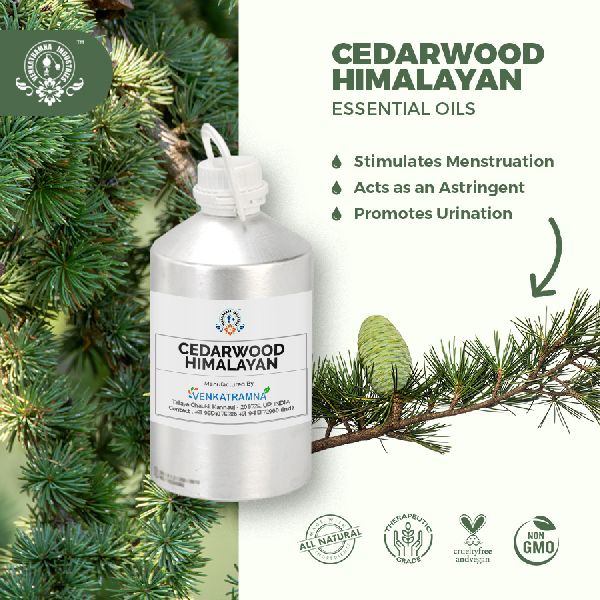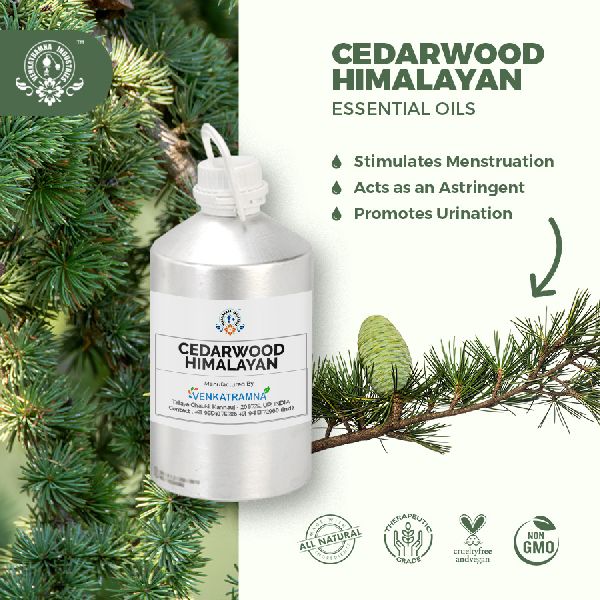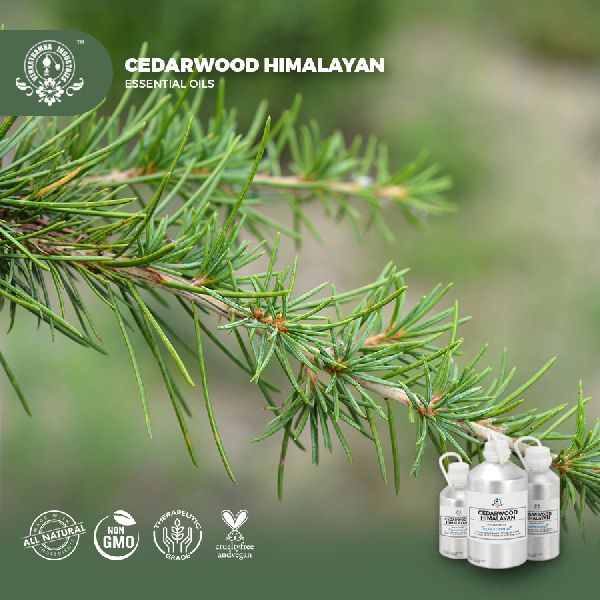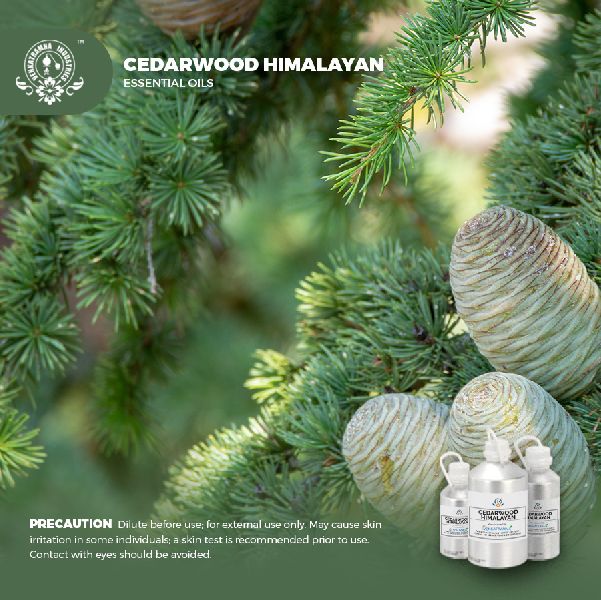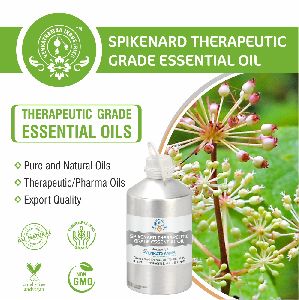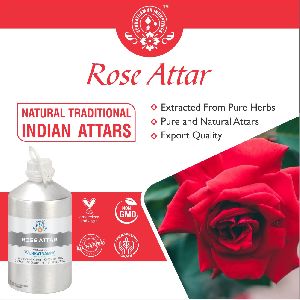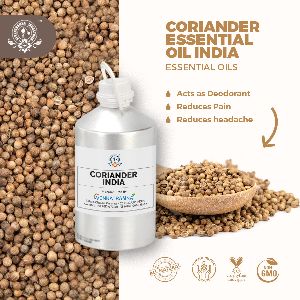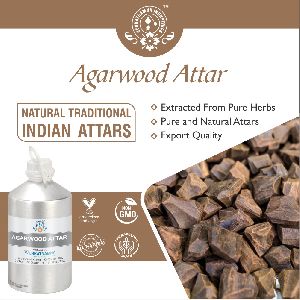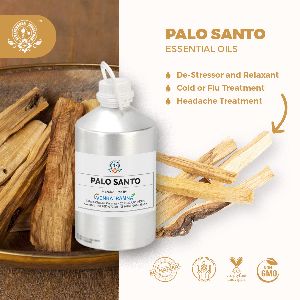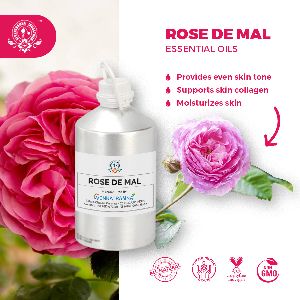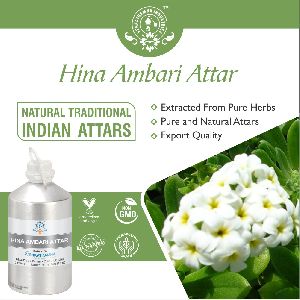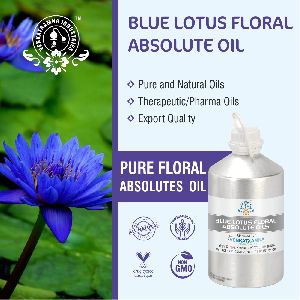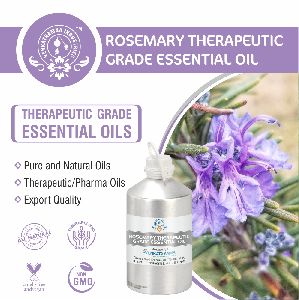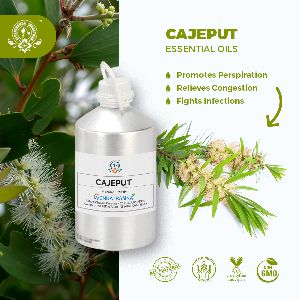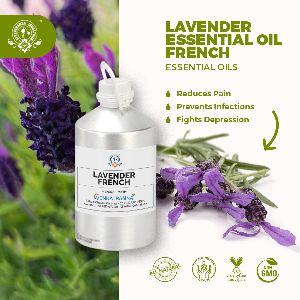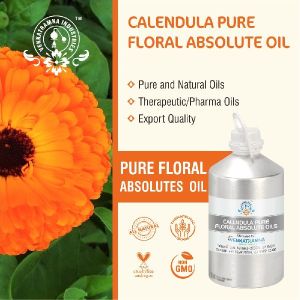Indra Nagar, Kanpur, Uttar Pradesh - GST No. 09AVOPS2676K1ZN
- Send SMS
- Send Email
Cedarwood Wild Crafted Essential Oil
| Business Type | Manufacturer, Exporter, Supplier, Retailer, Wholesaler |
Preferred Buyer From
| Location | Worldwide |
Cedar trees in general have a long history of use for furniture and buildings as well as in various herbal remedies and aromatherapy preparations. According to the Old Testament, King Hiram of Tyre sent cedar wood from Lebanon to King Solomon for the construction of the Temple in Jerusalem. Cedar wood has also been used for centuries to line closets or make chests to protect clothing from moths. The fragrant wood was also used by Native Americans as well as the ancient Egyptians, Greeks, and Romans as an ingredient in incense blends.
Cedrus atlantica (Atlas Cedar) is a large, beautiful, evergreen, blue coloured or bluish green coloured tree. The colour of this plant is due to the colour of the foliage. It is a long tree with a pyramid shaped crown with few open branches but can be spreading when mature. It is planted along the roadside, street walks, sidewalks, etc to enhance scenic beauty. It has glossy and cylindrical cones that mature in September and October.
Cedrus atlantica is a native to North Africa and occurs at high altitudes on the mountainsides. It needs full or partial sunlight for growth. It cannot grow in shady places. It prefers moist and dry soil for growth.This plant provided habitat for Barbary macaque. This plant is an endangered species because of the human exploitation for wood and timber.It is also used as habitat for many bird species for nesting and roosting.
There are several ‘cedarwood’ essential oils extracted from trees of the Cupressaceae family and traded in commerce, but these oils are not as commonly used in aromatherapy as the familiar ‘atlas’ and ‘virginian’ types. For example, Chinese cedarwood (Juniperus funebris), Texas cedarwood (Juniperus ashei) and Himalayan cedarwood (Cedrus deodara) are all used in the fragrance industry, but for various reasons they are not commonly used therapeutically.
The term "wild" when applied to plants or plant species refers to those that grow spontaneously in self-maintaining populations in natural or semi-natural ecosystems and can exist independently of direct human action. Venkatramna Industries have selective wild varieties of species which are being conserved to obtain oil and this is one of them. These species are the wild species (Original of their genera), means they are not Genetically modified (GMO), Non-Hybrid and no artificial or desired characters were induced. Collectively we call them Wild Crafted Essential Oils.
Intended Benefits/Uses or Properties
- Atlas Cedar plant is traditionally used to treat diseases like arteriosclerosis, water retention, lymphatic damage, etc in many parts of the world. In the United states, this plant is grown as ornamental plant and for landscaping purposes. In North Africa, it is used for production of essential oils (Cedarwood oil) and medicine. In Algeria and Morocco, the plants are left undisturbed as it prevents soil erosion and also used as medicine to treat skin and hair problems.
- The antiseptic and fungicidal nature of Atlas Cedar it is effectively used against skin problems and hair problems. Essential oil derived from this plant is anti-spasmodic, insecticidal and sedative in nature and thus used to treat several diseases.
- Atlas Cedar oil is used to treat acne, psoriasis and eczema. It is also used to smoothen skin. It is used to treat dandruff and prevents hair loss. The anti-bacterial nature is used against tuberculosis, bronchitis and gonorrhea. It also boosts respiratory system and can be used to treat cold and cough. It removes mucus from the respiratory tract and clears the system.
- Atlas Cedar oil is also used to regulate menstruation and stimulates blood flow. The menstrual cramps can be relieved by this oil.
Specifications
| Botanical Name: | Cedrus deodara |
| Common name: | Himalayan Cedar |
| Plant family: | Pinaceae |
| Genus: | Cedrus |
| Appearance/Color: | A thin, golden yellow to orange or brown liquid. |
| Odor: | A middle note of strong aroma, cedarwood atlas oil has a woody, sweet, scent that is sharper than Virginian cedarwood, and slightly reminiscent of mothballs. |
| Blends With: | Rosewood, bergamot, cypress, cassia, jasmine, juniper, neroli, labdanum, frankincense, clary sage, vetive, rosemary, ylang-ylang. |
| Origin | Nepal |
| Source | Wood |
| Method of Extraction | Steam Distillation |
Technical Analysis
| Key Constituents | Strength (%) |
| b-himachalene | 8.0-13.0 |
| a-himachalene | 20.0-30.0 |
| (E)-a-atlantone | 4.2-7.4 |
| g-himachalene | 5.8-9.7 |
| deodarone | 4.2-6.7 |
| (E)-g-atlantone | 1.4-3.4 |
| himachalol | 1.7-3.7 |
| Isocedranol | 1.4-2.1 |
| (Z)-a-atlantone | 0.1-2.8 |
| d-cadinene | 0.4.2.6 |
| 1-epi-cubenol | 2.1-2.5 |
| (Z)-trans-a-bergamotol | 0-2.05 |
| cedranone | 0.7-1.5 |
| a-calacorene | 0.4-1.6 |
| b-himachalene oxide | 0-1.6 |
| g-curcumene | 2.0-1.6 |
| b-vetivene | 0.3-1.4 |
| Cadalene | 0-1.8 |
| a-dehydroar himachalene | 0.6-1.23 |

